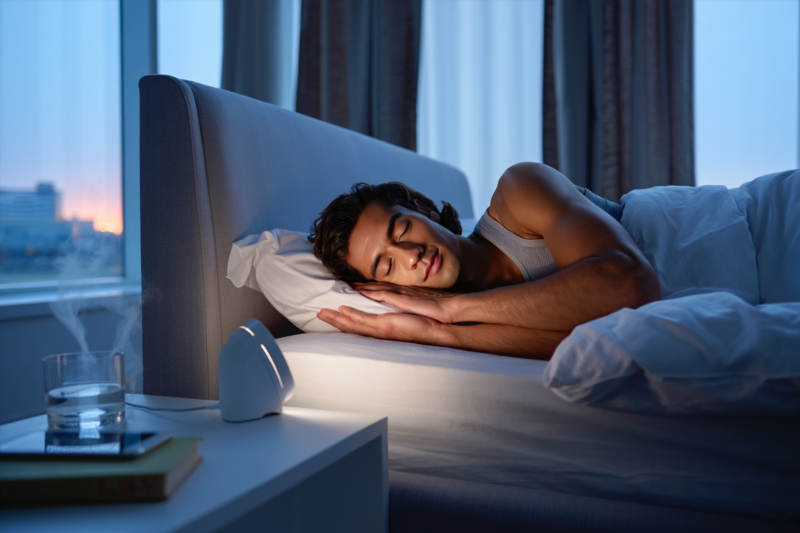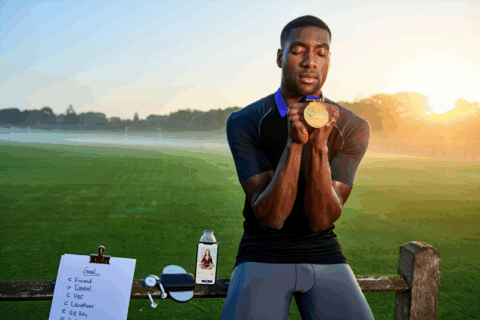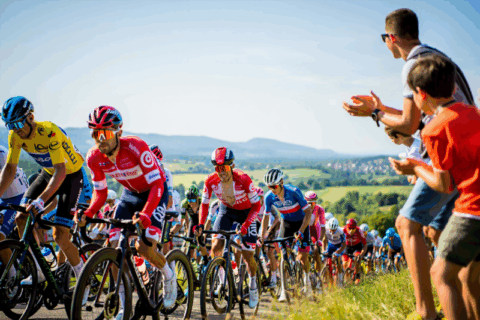
Sleep’s Vital Role in Elevating Athletic Performance
In the high-stakes world of sports, where milliseconds and inches matter, athletes are constantly seeking ways to gain a competitive edge. While training intensity, nutrition, and mental preparation are well-known factors, one often underestimated element can make or break your performance: sleep. Quality rest isn’t just about feeling refreshed; it’s a *crucial* component that enhances athletic results, accelerates recovery, and prevents injury. On this global sports platform, we explore the science behind sleep’s pivotal role in elevating athletic achievement and provide actionable tips for maximizing your sleep for peak performance.
Why Sleep Is Essential for Athletes
The Science of Sleep and Athletic Performance
Research consistently shows a strong correlation between sleep quality and athletic success. During deep sleep stages, the body releases growth hormone, repairs tissues, and consolidates memories—all vital for athletes. A good night’s sleep helps:
- Increase strength and endurance
- Improve reaction times and decision-making
- Enhance focus and mental acuity
- Reduce the risk of injuries and overtraining
- Speed up recovery from strenuous exertion
The Consequences of Sleep Deprivation
Failing to get sufficient rest can lead to:
- Reduced physical performance
- Increased susceptibility to injuries
- Prolonged muscle soreness
- Impaired immune function
- Mental fatigue and decreased motivation
This is why sleep isn’t a luxury but a necessity for all serious athletes aiming to perform at their best.
How Quality Sleep Accelerates Recovery
The Restorative Power of Sleep
Sleep acts as the body’s repair depot. When asleep, your body:
- Replenishes glycogen stores
- Repairs damaged muscle fibers
- Rebalances hormones involved in recovery
- Clears metabolic waste products from muscles
Thus, inadequate sleep hampers recovery, prolongs soreness, and reduces readiness for the next training session or competition.
Sleep and Injury Prevention
Proper sleep helps maintain tissue health and enhances coordination. Conversely, sleep deprivation impairs:
- Muscular control
- Reflexes
- Cognitive processing
Leading to increased injury risk, which could sideline even the most talented athletes.
Tips for Optimizing Sleep to Boost Athletic Performance
To leverage sleep as a performance-enhancing tool, consider the following actionable strategies:
1. Maintain a Consistent Sleep Schedule
- Go to bed and wake up at the same times daily, even on weekends
- This consistency reinforces your body’s internal clock, promoting better sleep quality
2. Create a Sleep-Conducive Environment
- Keep your bedroom cool, dark, and quiet
- Use blackout curtains and white noise machines if necessary
- Invest in a supportive mattress and comfortable pillows
3. Avoid Screen Time Before Bed
- Limit exposure to blue light emitted by smartphones, tablets, and computers for at least an hour before sleep
- Blue light inhibits melatonin production, delaying sleep onset
4. Watch Your Diet and Hydration
- Avoid caffeine and heavy meals close to bedtime
- Limit alcohol intake, as it disrupts sleep cycles
5. Incorporate Relaxation Techniques
- Practice deep breathing, meditation, or gentle stretching before bed
- Establish a calming pre-sleep routine to signal your body it’s time to rest
6. Take Advantage of Napping Strategically
- Short naps (20-30 minutes) can boost alertness and performance without affecting nighttime sleep
- Avoid late-afternoon naps that may interfere with your sleep schedule
7. Address Sleep Disorders
- Consult a healthcare professional if you experience persistent sleep issues such as insomnia or sleep apnea
- Proper diagnosis and treatment can dramatically improve sleep quality and athletic outcomes
Incorporating Sleep into Your Training Routine
Understanding that sleep is an integral part of your training regimen allows you to:
- Prioritize rest alongside physical workouts
- Track sleep patterns to identify improvements or disruptions
- Adjust training volume based on sleep quality to prevent overtraining
Frequently Asked Questions (FAQs)
How much sleep do athletes need?
Most adults require 7-9 hours of quality sleep per night. Athletes, especially during intense training phases, may benefit from closer to 9 hours to optimize recovery and performance.
Can naps replace nighttime sleep?
While well-timed naps are beneficial, they shouldn’t substitute for consistent nighttime sleep. They serve as supplements to boost alertness and recovery.
Is sleep more important than training?
Both are essential; neglecting sleep can impair training adaptations, while inadequate training hampers performance. Balance is key for athletic success.
How does sleep affect mental focus during competitions?
Quality sleep enhances cognitive function, decision-making, and reaction times—all critical during high-pressure moments in competitions.
The path to athletic excellence isn’t just paved with reps and sets—it is also built on restful, restorative sleep. By understanding and harnessing sleep’s vital role in boosting performance, accelerating recovery, and preventing injury, you set yourself up for sustained success. Apply the practical tips outlined here and make quality sleep an integral part of your training routine. Your body and mind will thank you, delivering the results you’ve always aimed for.
Ready to elevate your athletic game? Prioritize your sleep today and unlock unparalleled performance.


